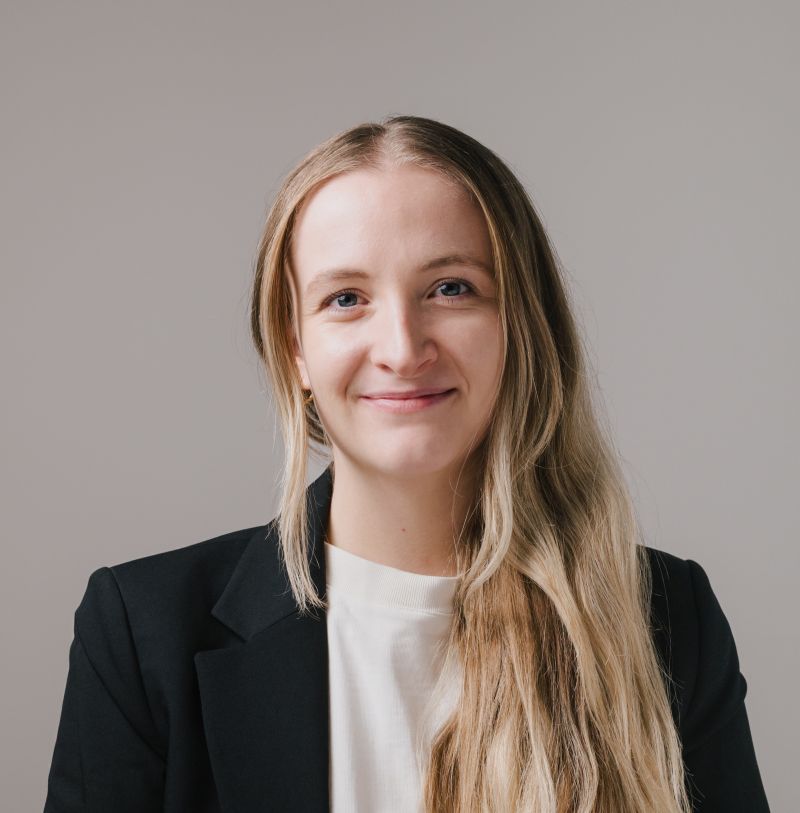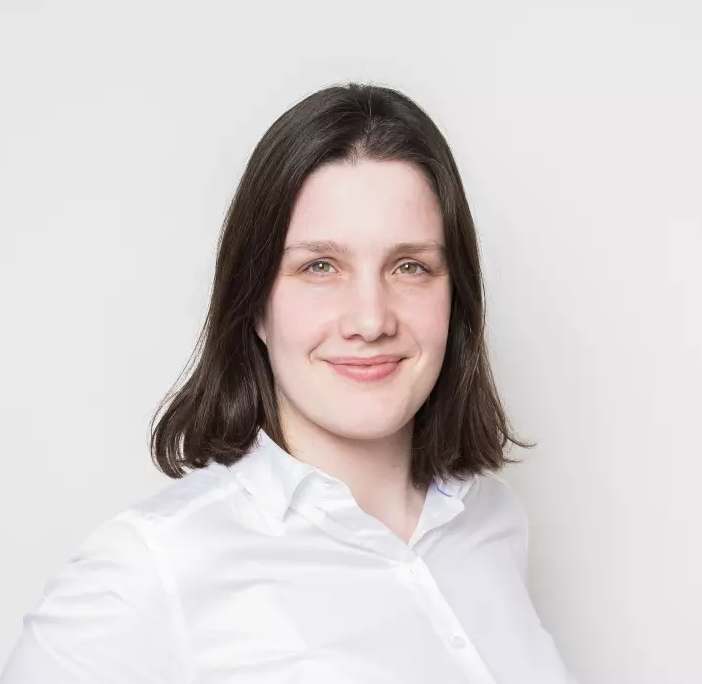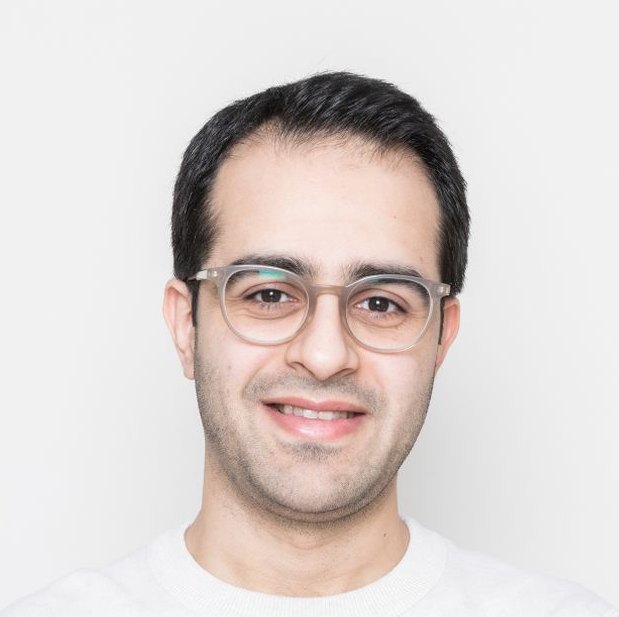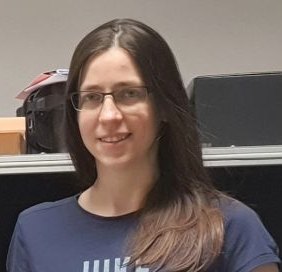"I am deeply grateful for the awarded PIER Seed Project and its lasting effect.": Interview with Christoph Reinhardt
PORTRAIT | Interview / PIER Seed Projects / Postdoc / Research | 3 May 2024
Christoph Reinhardt is a scientist at DESY. In 2021, he was granted funding by PIER under its PIER Seed Projects scheme. In an interview, he spoke with us about the outcomes of his project.
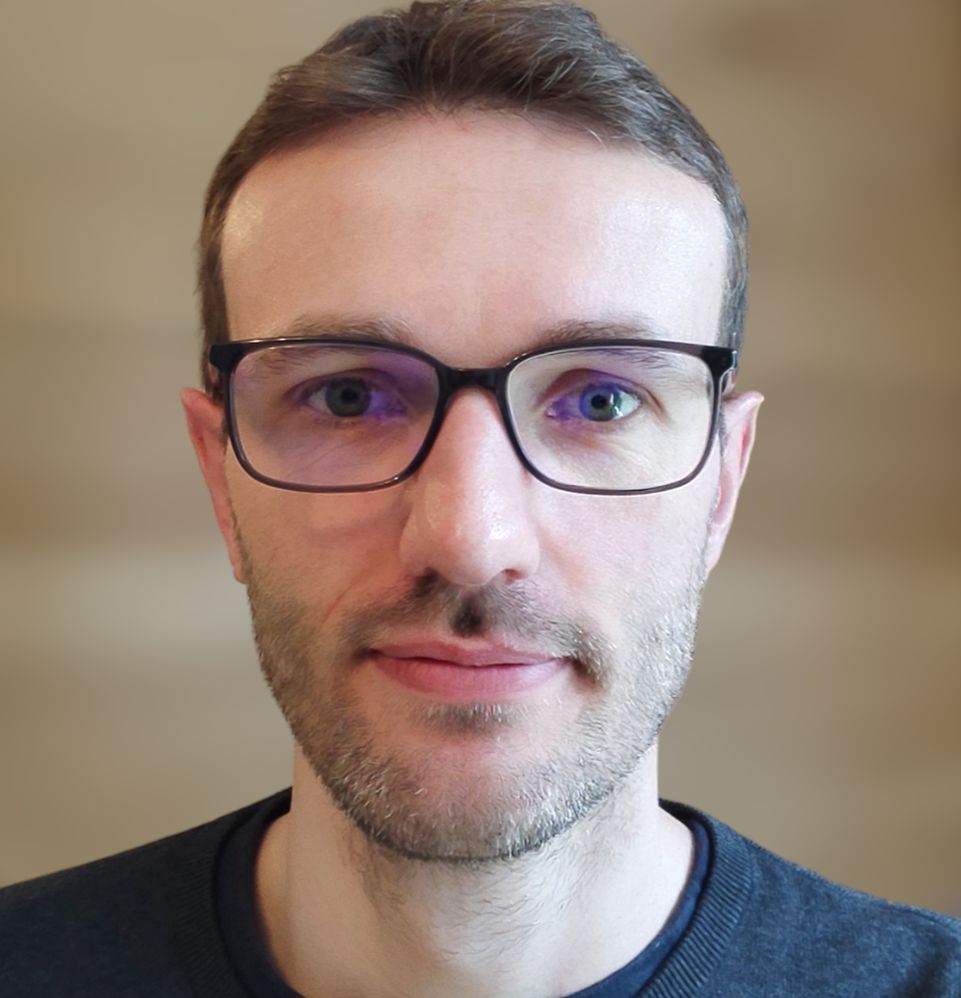
Christoph, in 2021 you successfully submitted your proposal for a PIER Seed Project. The title of your project which ended in 2022 was “Cryogenic pressure sensor for gas cooling of test masses for future gravitational wave detectors”. Could you briefly describe the idea behind it?
The idea stemmed from our involvement in another project, where we were investigating a new cooling concept for future gravitational wave detectors to increase their sensitivity. Our approach relies on cooling the suspended test mass mirrors in these instruments down to -260°C, using helium exchange gas. For these operating conditions, there are practically no commercial pressure sensors. Consequently, with the PIER Seed Project, we aimed to work towards using a chip-scale mechanical oscillator, specifically an oscillating membrane, as a cryogenic gas pressure sensor. The underlying measurement principle relies on the pressure-dependent damping acting on the membrane. During my PhD in Montreal, I developed such membranes for studying their interaction with laser light via radiation pressure. Back then, I realized that the membranes’ oscillation was impacted by surrounding gas, even at very low pressures. So, the idea came up, to use them as a gas pressure sensor.
One important goal of the PIER Seed Projects program is to foster collaboration between DESY and Universität Hamburg researchers. In which respect did your project contribute to this goal? And who were your research partners on the side of Universität Hamburg?
Our PIER Seed Project was the starting point for an ongoing collaboration with Prof. Schnabel’s Non-Linear Quantum Optics group on membrane-based pressure sensing. By now, this has led, e.g., to three students (1 PhD, 1 MSc, 1 BSc), who have been jointly supervised to work on related topics. Prof. Robert Blick (Nanoscience group at Universität Hamburg) was also part of the PIER Seed project.
Could you please highlight some of the results of your project?
Soon after starting the PIER Seed Project, we realized that our sensor has great potential on a broader scale. For example, in addition to the pressure exerted by surrounding gas particles, our sensor can also measure their average mass. This can be used to identify the type of gas. A related application would be the leak detection in the insulation vacuum of a transfer line or a storage tank for cryogenic fluids. In the case of a leak, our sensor could identify whether cryogenic liquid enters the insulation vacuum from the inside or air enters from the outside. Based on this idea, and supported by local experts on technology transfer, we submitted a patent application to the European Patent Office. In a first paper resulting from the project, we demonstrate pressure sensing over 10 orders of magnitude (from 10-7 to 103 mbar), with a single membrane pressure sensor. To the best of our knowledge, such a broad measurement range is unprecedented for a single sensor. For these developments, Hossein Masalehdan, a PhD Student at the Universität Hamburg, and I have received the DESY Innovation Award 2023.
Are there any further research activities as a follow-up to the PIER project?
Funded by the DESY Generator Program, we are currently working towards a potential commercialization of our novel gas pressure sensor. To this end we are developing a compact and portable prototype, which is applicable in typical vacuum systems. Among other things, we are also working on further extending our sensor’s measurement range and demonstrating its operation in cryogenic environments.
Beyond the scientific results as such, did the work within your seed project create any lasting benefits for your further scientific career (e.g. new contacts/ collaborations)?
I joined DESY in 2020, as a tenure track researcher. The activities started within the PIER Seed Project in 2021 have become a central part of my research activities since. As such, they have contributed significantly towards getting a permanent position. In another line of work, I am investigating membrane sensors, similar to the ones used for gas pressure sensing, for searches of high-frequency gravitational waves. The resulting synergies between fundamental and applied physics are a great asset, I believe. Presenting the results obtained within the Seed Project, and related follow-up activities, at conferences has attracted significant interest from experts in academia and industry, which resulted in many fruitful discussions. A grant application, submitted together with new potential collaboration partners is pending. Overall, I am deeply grateful for the awarded PIER Seed Project and its lasting effect.
Based on your experience with the program, what would you say are the main advantages of the PIER seed funding for (early-career) scientists? Would you recommend the program to fellow researchers?
I highly recommend the program. In my opinion, it provides an outstanding opportunity, particularly for early-career scientists, to gain experience with realizing your own research project, to foster collaborations, and to work towards establishing yourself as a scientist.
Thank you very much for your time, Christoph! We wish you much success for your future research on the topic and for your academic career in general!
Please see also the article on DESY Innovation Award 2023 for Christoph Reinhardt and Hossein Masalehdan on the DESY ITT website.
